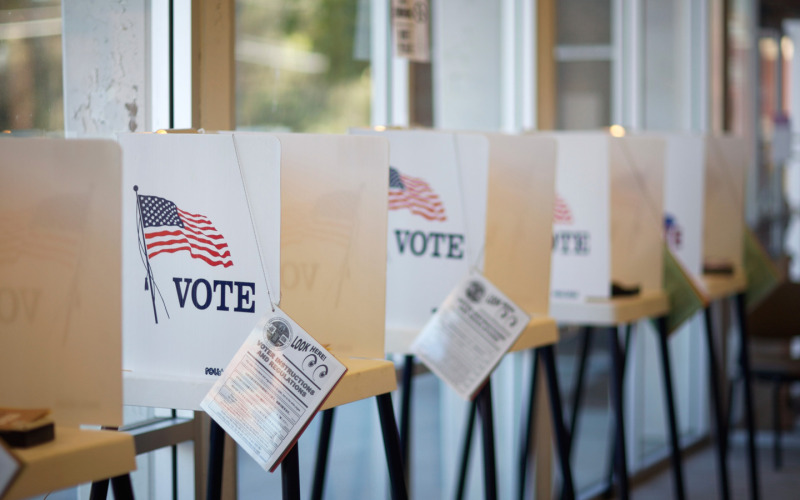According to the Alameda County Registrar, updated results are expected to be announced by 5 p.m. Thursday.
Measure BB, Alameda County Transportation Sales Tax, appears to have passed with 70 percent approval, doubling the transportation sales tax to 1 percent.
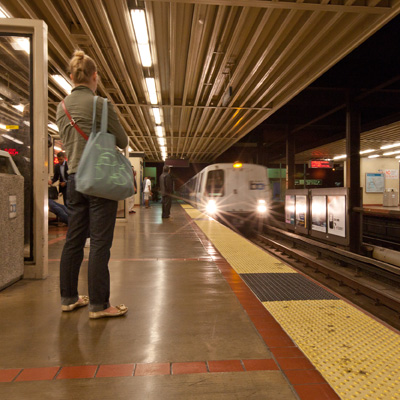
The money raised from Measure BB will go to Alameda County's 30-Year Transportation Expenditure Plan, which will expand and modernize BART in Alameda County; improve transit connections to jobs and schools; fix roads, improve highways and increase bicycle and pedestrian safety; reduce traffic congestion and improve air quality; and keep senior, student and disabled fares affordable. The measure needed two-thirds approval to pass.
Measure D, City of Berkeley Soda Tax. Voters in Berkeley have passed the nation’s first soda tax with a resounding 75 percent of the vote. The measure needed a simple majority approval to pass.
More than 30 cities and states across the country have attempted such a tax, but have failed, at least in part because of big spending by the soda industry to defeat these measures.

By approving Measure D, a 1 cent ($0.01) per ounce general tax on sugar-sweetened beverages will be imposed in Berkeley. The tax will affect sales of sodas, energy drinks and presweetened teas. The tax exempts sweeteners, such as sugar, honey and syrups, typically distributed to grocery stores. It also exempts diet drinks, milk products, 100 percent juice, baby formula, alcohol or drinks taken for medical reasons. Learn more about "soda taxes."
On Wednesday, the No on Measure D campaign released a statement criticizing the measure:
"Soda tax activists have been venue shopping for more than five years ... Berkeley was low-hanging fruit, and doesn’t look like mainstream America. If politicians want to stake their reputations on what Berkeley did, they do so at their own risk."
Measure Z, A City Of Oakland Proposed Ordinance to Maintain a Parcel Tax and a Parking Tax Surcharge to Improve Public Safety, has unofficially passed with 77 percent approval. The measure needed two-thirds approval to pass.
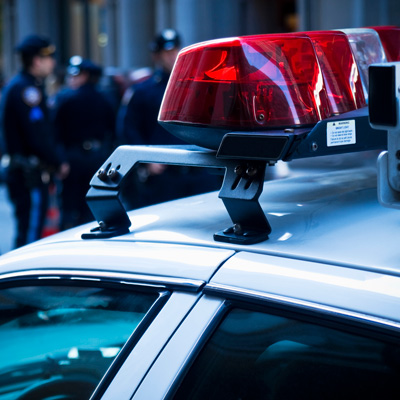
By approving Measure Z, an existing parcel tax and parking tax will be extended for 10 years to improve public safety in Oakland. The money will be used to fund programs aimed at reducing gun violence, robberies and homicides, as well as funding improving 9-1-1 response times and supporting at-risk youth and young adults.
Money from the measure is also slated to improve police, fire and emergency response services and fund proven community programs such as school dropout prevention, crisis intervention and job placement and training.
Measure FF, City of Oakland Proposed Amendment to Establish a Minimum Wage, has unofficially passed with 81 percent approval. A simple majority approval was needed to pass.
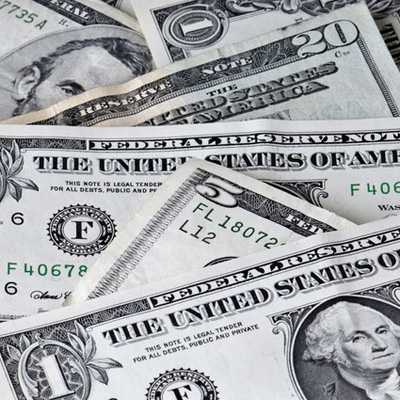
With the approval of Measure FF, Oakland will establish a minimum wage of $12.25 per hour beginning on March 2, 2015. The minimum wage will increase yearly on January 1, based on increases in the cost of living.
Under the new law, employers will be required to provide employees paid sick leave. Hotel, restaurant and banquet facility operators will also have to pay service charges, like room service or portage charges, to the employees providing those services. The proposition also gives employees the right to bring a lawsuit against employers for violation of this ordinance.
Based on unofficial results Wednesday morning, it appears Oakland voters have also approved Measure CC, strengthening the city's Public Ethics Commission, with 72 percent approval, and Measure DD, which creates an independent redistricting commission in the city, with 60 percent approval.
There are 12 ballot measures in the City and County of San Francisco. Find the latest election results for all measures here.
The San Francisco Department of Elections plans to update results at 4 p.m. throughout the rest of the week.
Measure E, Tax on Sugar-Sweetened Beverages, appears to have failed to reach the two-thirds approval needed, with 54.41 percent voting in favor and 45.59 percent against.

While the proposition did not pass, supporters in San Francisco declared a victory of their own: more than half the voters approved the tax despite millions spent by the American Beverage Association to defeat it.
“The fact that we were able to overcome $10 million dollars,” said Proposition E co-author Supervisor Scott Wiener, “and it looks like a majority of San Franciscans — despite that $10 million — will vote ‘yes,’ is pretty extraordinary."
Had Measure E passed, San Francisco would have collected a tax of 2 cents ($0.02) per ounce from the distribution of sugar-sweetened beverages. The tax would then have been used to fund health, physical education and active recreation programs. A similar measure passed in Berkeley (Measure D).
Measure G, Additional Transfer Tax on Residential Property Sold Within 5 Years of Purchase, appears to have failed to reach the simple majority needed for approval, with 45.71 percent voting yes compared to 54.29 percent voting no.
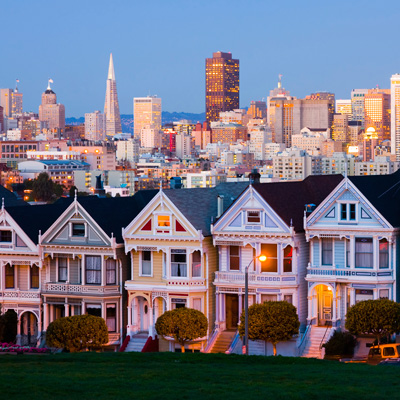
Measure G called for an additional tax between 14 percent and 24 percent on the total sale price of certain multiunit residential properties that are sold within five years of purchase or transfer. The additional tax would have applied to property sales on or after Jan. 1, 2015, with certain exceptions. Learn more information about Proposition G from KQED.
Measure J, Minimum Wage Increase,
, appears to have passed with 76.76 percent approval. The measure needed only a simple majority approval to pass.
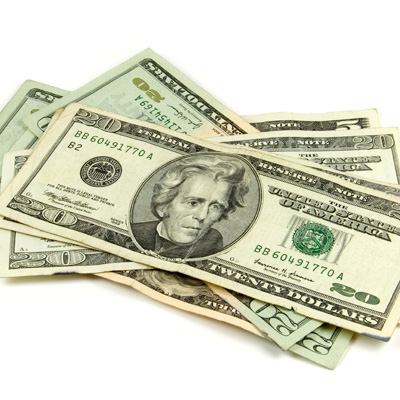
By passing Measure J, San Francisco's minimum wage will increase to $12.25 per hour on May 1, 2015, and then increase every July until it reaches $15 on July 1, 2018. The minimum wage would then increase annually based on inflation beginning on July 1, 2019. A similar minimum wage measure (FF) was also approved in Oakland.
Measure K, Affordable Housing,
appears to have passed with 64.91 percent approval. The measure needed a simple majority approval to pass.

According to Measure K, San Francisco will construct or rehabilitate at least 30,000 homes by 2020. More than 50 percent are required to be affordable for middle-class households, with more than 33 percent affordable for low- and moderate-income households.
For more information about Proposition K from KQED, visit here.
San Francisco voters also appear to have rejected Proposition H, and approved Proposition I, clearing a path for the installation of artificial turf and nighttime lighting at athletic fields in Golden Gate Park. Proposition H, which sought to block a multimillion dollar project at the park, was rejected by 54.29 percent of voters. Proposition I, a dueling measure which allows for the installation of lights and turf during park renovation, was approved by roughly 55 percent of voters.
Santa Clara County
There are 18 measures in Santa Clara County. Find election results for all measures at the Santa Clara County page.
Measure Q, Santa Clara Open Space Authority Parcel Tax, is still barely passing. As of 5 p.m. Wednesday, voter approval of the measure grew slightly, now at 67.11 percent. The race remains too close to call, needing two-thirds approval to pass.
If voters approve Measure Q, the Santa Clara County Open Space Authority will levy a special tax of $24 annually per parcel for 15 years to protect and preserve natural open space areas for future generations by: improving parks, open spaces and trails; protecting land around creeks, rivers and streams to prevent pollution and improve local water quality; preserving wildlife habitat; expanding public access; enhancing environmental education; and protecting scenic hillsides. The measure need a two-thirds supermajority to pass.
